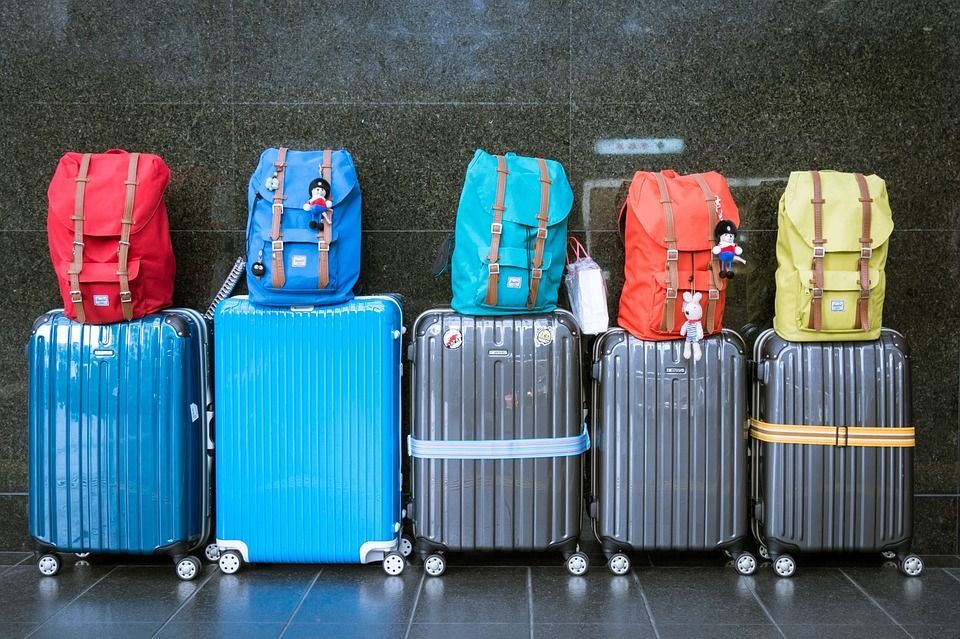A record number of asylum-seekers have left Denmark voluntarily and returned to their countries of origin, according to the UN’s Danish office for migration, the IOM.
The figures revealed that 532 asylum-seekers returned home last year – more than double the number who did so in 2015.
“More often, we hear explanations about a family member in their homeland becoming ill: a child in a hospital or a relative who is dying,” Jacob Jørgensen, a program officer with IOM in Copenhagen, told DR Nyheder.
About 75 percent of the asylum-seekers who leave Denmark voluntarily do so before their asylum cases have been processed.
READ MORE: Record number of asylum children not underage
Most to Iran
Jørgensen contends that many asylum-seekers leave Denmark again because it’s not the country they thought it was going to be.
“The story of Denmark sold to them by the human traffickers or someone else has turned out to be untrue,” said Jørgensen.
“For example it wasn’t as easy to get asylum as they had hoped. So they decide it’s better to return home than to rot away in an asylum centre.”
Most asylum-seekers who chose to return home came from Iran with 37 percent, followed by Iraq (13 percent), Russia (11 percent), Afghanistan (9 percent), Ukraine (8 percent) and others (22 percent).
The number of asylum-seekers arriving in Denmark also tailed off significantly last year. In 2015, over 21,300 arrived, but that was reduced to a trickle of just over 6,200 last year.















